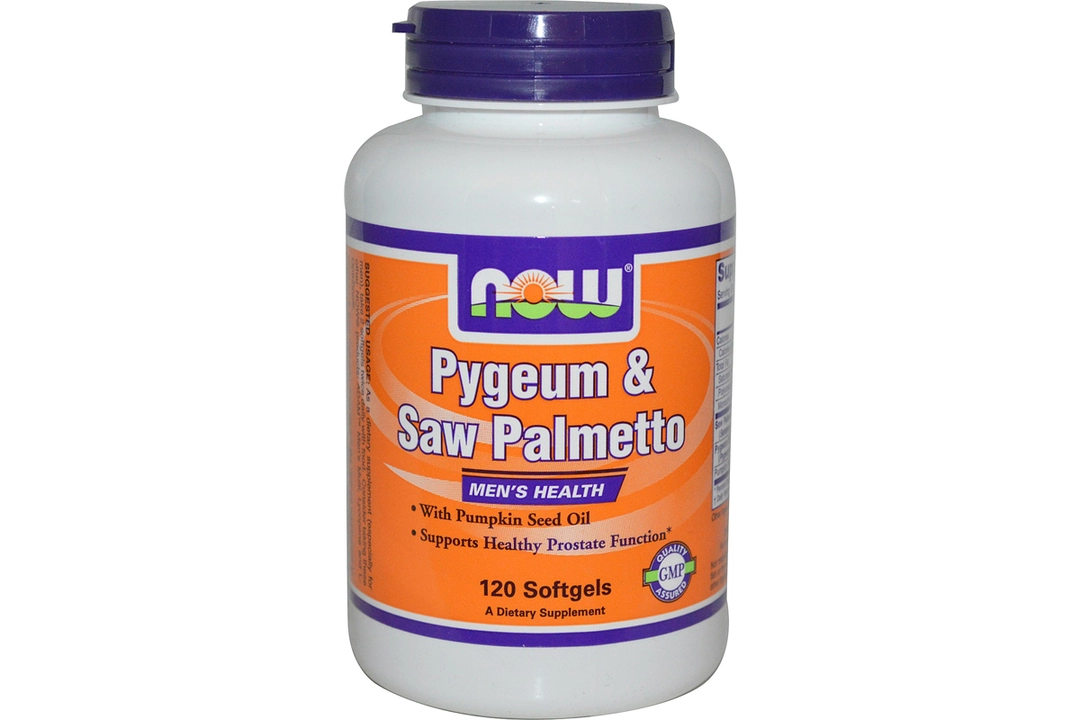Dietary Supplement: What Works, What’s Safe, and How to Choose
Nearly half of adults take at least one dietary supplement each year. That makes picking the right one a daily task for lots of people, not a niche hobby. Supplements can help cover gaps in your diet, support joint health, or boost energy, but they can also cause side effects or clash with prescriptions.
Start by asking what you need. Do you have a diagnosed deficiency, like low vitamin D or iron? Or are you looking for general support, like omega-3s or probiotics? A simple blood test and a short chat with your doctor will save time and money. Avoid buying a multivitamin because it’s on sale; match the supplement to a real need.
How to pick a good supplement
Check the label for active ingredients and amounts. Look for forms your body absorbs: vitamin D3 instead of D2, methylfolate instead of folic acid if you have known MTHFR issues, or omega-3 labeled as EPA and DHA. Beware of vague claims like “supports overall wellness” without listing ingredients.
Choose products tested by third parties like USP, NSF, or ConsumerLab. Those seals don’t promise miracles, but they reduce the risk of contamination and ensure the product contains what the label says. Prefer reputable brands with clear contact info and transparent sourcing.
Risks, interactions, and smart tips
Supplements can interact with meds. For example, St. John’s Wort lowers levels of many prescription drugs, and vitamin K can reduce warfarin’s effect. Tell your pharmacist or doctor about every supplement you take, including herbal teas and protein powders.
Stick to recommended doses. More is not always better. High doses of fat-soluble vitamins (A, D, E, K) can build up and cause harm. If a product promises a quick cure, be skeptical. Real benefits usually show up gradually, not overnight.
Watch for side effects and stop if you feel unwell. Keep a short log of what you take and any changes in sleep, digestion, mood, or skin. That simple record helps your clinician spot problems faster.
Common choices have different evidence. Vitamin D and calcium help bone health when levels are low. Fish oil shows small benefits for heart health if you don’t eat fatty fish often. Probiotics can ease some gut issues, but strains matter — look for studies on the strain you buy. Glucosamine and chondroitin may help some people with joint pain, yet results vary. Use real-world checks: short trial, note changes, and stop if no benefit after two to three months. I can help you compare options easily.
Last, prioritize food first. Whole foods deliver fiber, phytonutrients, and a mix of vitamins that supplements can’t mimic. Use supplements to fill real gaps, not replace a balanced plate. If cost is a concern, basic options like vitamin D, a simple multivitamin, or modest omega-3s often offer the best value.
If you want product suggestions or have a specific health condition, ask. I can point to brands and formulations that match your needs and budget.






